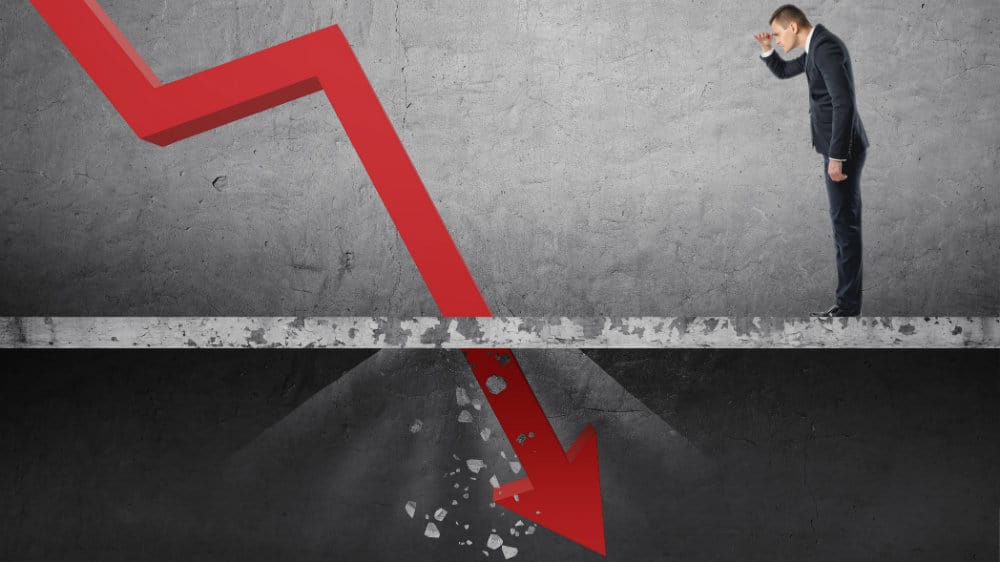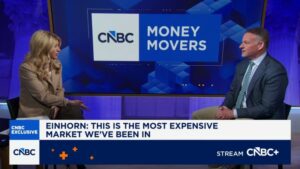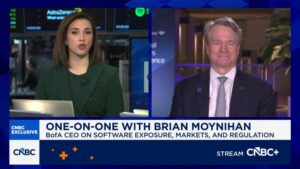Whenever I’ve covered the Cineworld (LSE: CINE) share price, there’s always been one red flag which has stood out to me.
This red flag is debt. According to its interim results release, the group’s external borrowings, after deducting cash, totalled $4.63bn (£3.4bn) at the end of June.
One Killer Stock For The Cybersecurity Surge
Cybersecurity is surging, with experts predicting that the cybersecurity market will reach US$366 billion by 2028 — more than double what it is today!
And with that kind of growth, this North American company stands to be the biggest winner.
Because their patented “self-repairing” technology is changing the cybersecurity landscape as we know it…
We think it has the potential to become the next famous tech success story. In fact, we think it could become as big… or even BIGGER than Shopify.
Click here to see how you can uncover the name of this North American stock that’s taking over Silicon Valley, one device at a time…
By comparison, the group’s current market capitalisation stand just under £1.1bn. To put it another way, Cineworld’s debt is three times greater than its market value.
This seems to be one of the reasons why the Cineworld share price has performed so poorly over the past 24 months. The company entered the coronavirus crisis with a lot of debt on its balance sheet. Analysts were already questioning its financial position before it had to shut most of its theatres for a year.
And with so much debt, it’s questionable whether or not the company will ever pay off this enormous liability. If it can’t, there’ll always be a risk creditors will pull the plug. That’s why there’s a genuine chance the Cineworld share price could be heading for disaster.
Creditor obligations
However, Cineworld’s overall debt level isn’t really the most worrying factor here. The most chilling aspect is the sheer scale of the company’s interest bill.
During the six months to the end of June, the group paid a staggering $417m in finance expenses, costs and interest associated with its loans. Net financing costs, after deducting interest paid on cash balances, came in at $343m.
These figures imply Cineworld will pay out around $700m in financing costs this year. In 2019, the group’s interest bill totalled $467m. That year, before the pandemic rocked the world, the organisation reported a pre-tax profit of $183m.
What’s worrying about these numbers is that even if the group returns to 2019 levels of activity, its interest bill is now so high it will swallow any profit.
A threat to the Cineworld share price
The group can barely afford its interest bill as it is, but analysts are already speculating interest rates could rise next year. This may increase the company’s cost of debt and only make it harder for the firm to pay off creditors.
That said, the company’s exploring a listing in the US. This could raise much-needed capital, which it could use to pay off borrowings. It can also issue new shares to investors and use this money to reduce debt. So the company’s fate isn’t set in stone.
However, I think the risks of owning the Cineworld share price are too great at present. That’s why I wouldn’t buy the stock for my portfolio. If interest rates start to rise substantially, it could have serious issues.
I believe the group’s not destined for disaster, but it could come close to it in the worst-case scenario.
Inflation Is Coming: 3 Shares To Try And Hedge Against Rising Prices
Make no mistake… inflation is coming.
Some people are running scared, but there’s one thing we believe we should avoid doing at all costs when inflation hits… and that’s doing nothing.
Money that just sits in the bank can often lose value each and every year. But to savvy savers and investors, where to consider putting their money is the million-dollar question.
That’s why we’ve put together a brand-new special report that uncovers 3 of our top UK and US share ideas to try and best hedge against inflation…
…because no matter what the economy is doing, a savvy investor will want their money working for them, inflation or not!
Best of all, we’re giving this report away completely FREE today!
Simply click here, enter your email address, and we’ll send it to you right away.
Rupert Hargreaves has no position in any of the shares mentioned. The Motley Fool UK has no position in any of the shares mentioned. Views expressed on the companies mentioned in this article are those of the writer and therefore may differ from the official recommendations we make in our subscription services such as Share Advisor, Hidden Winners and Pro. Here at The Motley Fool we believe that considering a diverse range of insights makes us better investors.
This post was originally published on Motley Fool







